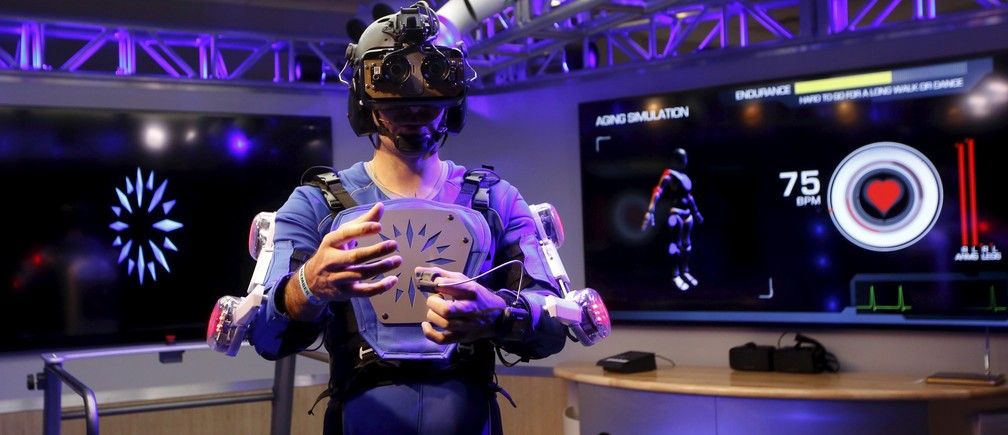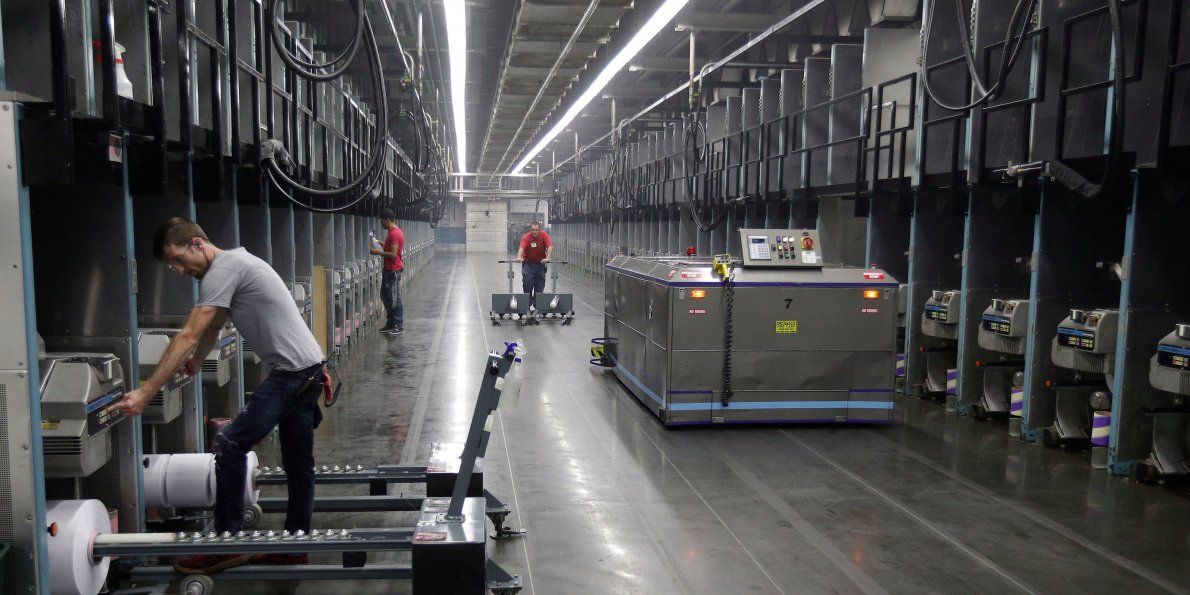Developments in computing are driving the transformation of entire systems of production, management, and governance. In this interview Justine Cassell, Associate Dean, Technology, Strategy and Impact, at the School of Computer Science, Carnegie Mellon University, and co-chair of the Global Future Council on Computing, says we must ensure that these developments benefit all society, not just the wealthy or those participating in the “new economy”.
Why should the world care about the future of computing?
Today computers are in virtually everything we touch, all day long. We still have an image of computers as being rectangular objects either on a desk, or these days in our pockets; but computers are in our cars, they’re in our thermostats, they’re in our refrigerators. In fact, increasingly computers are no longer objects at all, but they suffuse fabric and virtually every other material. Because of that, we really do need to care about what the future of computing holds because it is going to impact our lives all day long.









